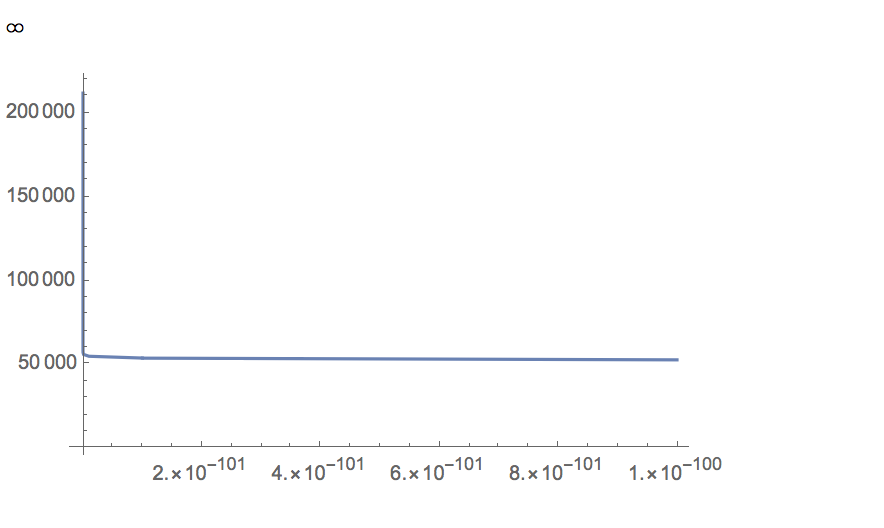Doing Integrate[1/(x y),{x,0,1},{y,0,1}] returns zero, although the integral is clearly divergent; NIntegrate attempts to compute it, then gives up at 2.15434*10^9 with some error messages.
Is there a way to get a correct answer?
There are several complaints here about strange evaluations of integrals, but none of them are quite like this. The closest one, Strange result for divergent double integral $\int _0^{\infty }\int _0^{\infty }\frac{1}{x^2 y^2+1}dydx$ does not have any answers, so I decided to post this as another instance of the same problem.

